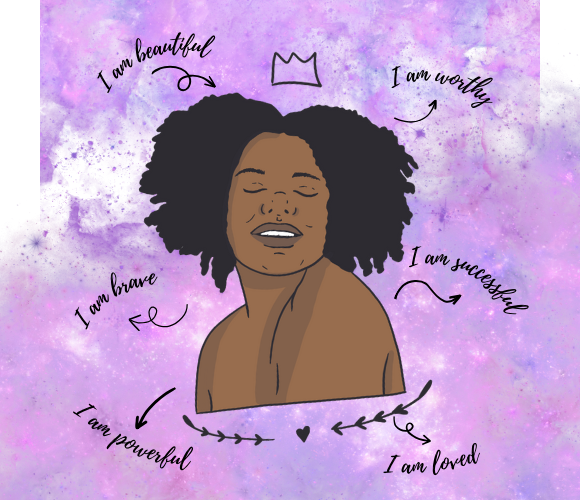Understanding Mental Well-being
Mental well-being encompasses our emotional, psychological, and social well-being. It influences how we think, feel, and act as we cope with life’s challenges. More than just the absence of mental disorders, it’s about thriving in various aspects of life, nurturing positive relationships, and realizing our own potential.
The Pillars of Mental Health
To foster a healthy mind, it’s essential to focus on several key areas:
- Self-Acceptance
Embracing who you are, with all your strengths and weaknesses, is the foundation of mental well-being. It’s about acknowledging your worth without constant comparison to others. Self-acceptance fosters a positive self-image and helps in overcoming life’s hurdles with resilience. - Connection
Humans are inherently social beings. Building strong, meaningful relationships provides emotional support and a sense of belonging. Whether it’s family, friends, or community groups, a solid support network is crucial for mental health. - Mindfulness
Living in the moment and cultivating a state of mindfulness can significantly reduce stress and anxiety. Practices such as meditation, deep breathing exercises, and yoga can help you achieve a state of calm and balance. - Physical Health
The mind-body connection is undeniable. Regular physical activity, a balanced diet, and sufficient sleep are not only beneficial for your physical health but also for your mental well-being. - Purpose and Fulfillment
Finding purpose in life, whether through work, hobbies, or volunteering, contributes to a sense of fulfillment and happiness. Setting goals and achieving them provides a sense of accomplishment and confidence.
Strategies for Enhancing Mental Well-being
Embarking on the journey to better mental health can begin with a few simple steps:
- Practice Gratitude: Start or end your day by listing things you’re grateful for. This can shift focus from what’s lacking to what’s abundant in your life.
- Set Boundaries: Learn to say no. Setting healthy boundaries in personal and professional life can help manage stress levels.
- Seek Professional Help: It’s okay to seek help when you need it. Therapists and counselors can provide valuable support and strategies to cope with mental health challenges.
- Find Your Tribe: Surround yourself with positive, supportive people who uplift you and share your values.
Conclusion
Mental well-being is a journey, not a destination. It requires commitment, patience, and self-compassion. By understanding its importance and taking proactive steps towards nurturing our mental health, we can unlock the doors to a happier, more fulfilled life. Let this be your first step towards embracing a healthier mind. Remember, it’s never too late to prioritize your mental well-being.
FAQs
What are the signs of poor mental health?
How can I improve my mental health without medication?
Can exercise really help improve my mental health?
How do I know if I should seek professional help for my mental health?
Can improving my diet have an effect on my mental health?
Answers will be detailed and tailored to provide insightful guidance and practical tips for individuals seeking to improve their mental well-being.


